Doctor Strange in the Multiverse of Madness is a good movie. It’s got stunning visuals, a tour de force performance from Elizabeth Olsen, Sam Raimi’s signature style, and phenomenal fan service. It does what it’s supposed to and does it very well. It’s a rollicking adventure through time and space that is funny, and meditative, and affecting. It breaks free of the Marvel template by leaning into horror tropes. It has fun with all of its cameos and post-credits tags. And it moves the narrative forward by setting up further adventures and storylines with sufficient finesse.
The movie isn’t perfect. The pacing feels al little stitched together. Which is probably a consequence of all of that pandemic shuffling. (Sam Raimi has said that his original cut of the movie was 35 minutes longer.) Xochitl Gomez’s America Chavez felt more like a MacGuffin than an actual character. And why there was no mention of Vision (not a single one) in a movie that deals with the heartbreaking tragedy of Wanda Maximoff is still beyond comprehension. But despite those minor nitpicks, Doctor Strange in the Multiverse of Madness remains, by any measure, a remarkably entertaining piece of cinema.
So why isn’t that enough? Why aren’t you happy? Is it because Tom Cruise didn’t show up as an alternate version of Tony Stark? Are you finally getting tired of everything being connected? Did you forget to watch WandaVision and therefore have no idea why Doctor Strange is being so flippant about Wanda’s children? Or are you still chasing that unattainable high of Spider-Man: No Way Home?
Maybe being a good “Marvel” movie means something completely different from being a good movie. But I’ll come back to that.
One More Thing…
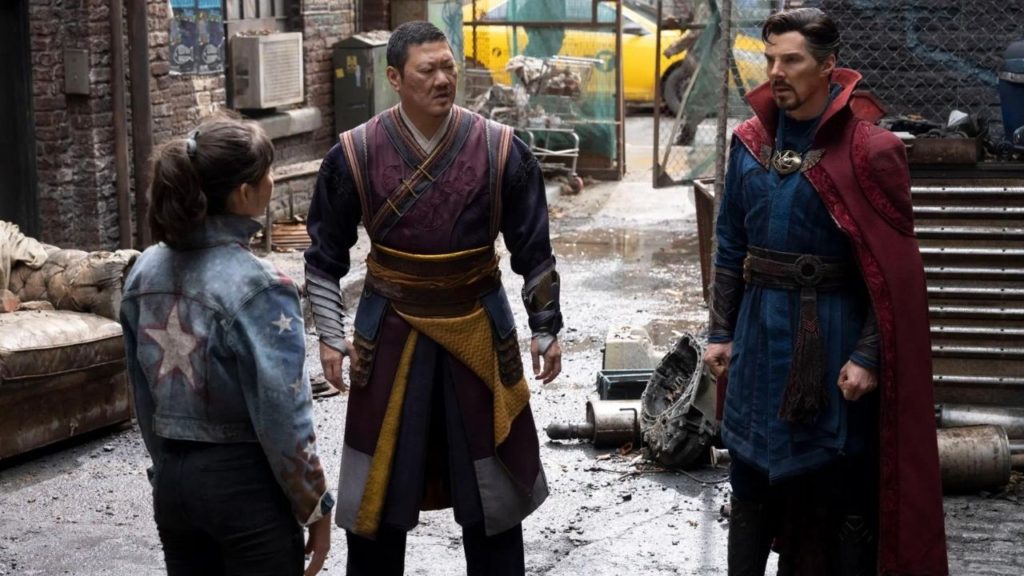
Remember that Doctor Strange in the Multiverse of Madness is the 28th movie in the Marvel Cinematic Universe and the fifth installment in what they call Phase 4. That they’ve gotten this far and only really dropped the ball a few times (four, by my count: The Incredible Hulk, Thor: The Dark World, Black Widow, and Eternals) is quite a remarkable feat. And the consequence of that achievement is why we walk into each and every one of these movies with such giddy anticipation.
Marvel Studios is beginning to feel a lot like Apple. There is a weight of expectation that has become almost detrimental to what they’re trying to do. With every new installment, the moviegoing public is on tenterhooks, waiting to be surprised, to be awed, to be blown away by just “one more thing.” With Apple, it isn’t enough that a new iPhone has a better camera or a faster processor. It needs to also fold up into an origami crane. It needs to have a holographic display. It needs to be able to read my mind. It doesn’t matter that none of those things are (as yet) possible. It doesn’t matter that they continue to release products and services that are solid, and reliable, and work as well as advertised. It just isn’t enough.
Like Apple, like Pixar, Marvel Studios has become a victim of its own successes. With Captain America: The Winter Soldier, with Avengers: Endgame, with Black Panther and Guardians of the Galaxy, with all the movies in between, they have continuously raised the bar to a point that it’s becoming harder and harder to clear. Over the last 14 years, they haven’t just redefined superhero cinema, but what we’ve come to expect from blockbusters as a whole.
These days, to be merely good is to be underwhelming. And greatness requires a movie to not just do what it sets out to, but also surprise and inspire you, make you feel represented and heard, not offend you in any conceivable way, all while invoking that same sense of joy and delight that made you fall in love with cinema in the first place. It is a near impossible benchmark.
Days of Future Past
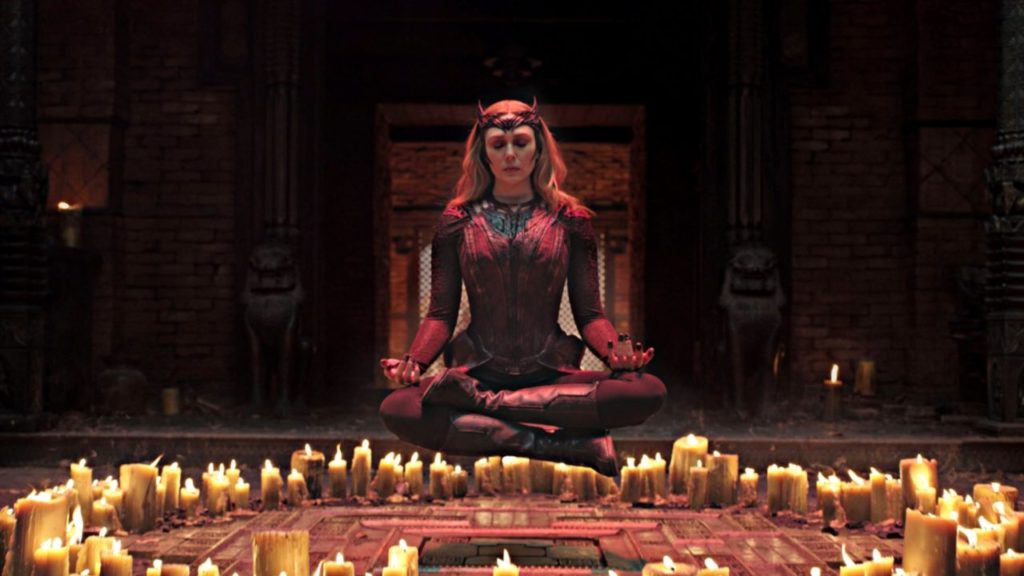
Despite not being the greatest movie ever made, Doctor Strange in the Multiverse of Madness nevertheless makes for quite the fascinating study. With these two hours and six minutes providing an interesting insight into the current state of the Marvel Cinematic Universe, what might be ahead of it, as well as the jiggery-pokery that needed to take place as a consequence of the pandemic.
On the one hand, it is yet another chapter in the unending, seemingly infinite narrative that is the Marvel Cinematic Universe. It is a cog in the machine. An in-betweener. The first real bridge between Marvel’s TV shows and their cinematic efforts. (Yes, Florence Pugh’s Yelena showed up in Hawkeye, but her being there wasn’t really critical to the plot.) And it almost buckles under all of that strain. (Heck, in the hands of a lesser director, it might have!)
On the other, it is an interesting look into where Marvel might take its movies from this point on, blurring those lines between television and cinema, and using both as different mediums to tell one continuous story. Gone are the days in which our heroes would headline their own movies, or just feature characters from their immediate canon. Crossovers and cameos will feel less like gimmicks and more like essential storytelling tools. It’s what Marvel always did with their comics and it was just a matter of time before that became a critical part of how they tell these same stories on the big screen.
The Promise of What’s Next
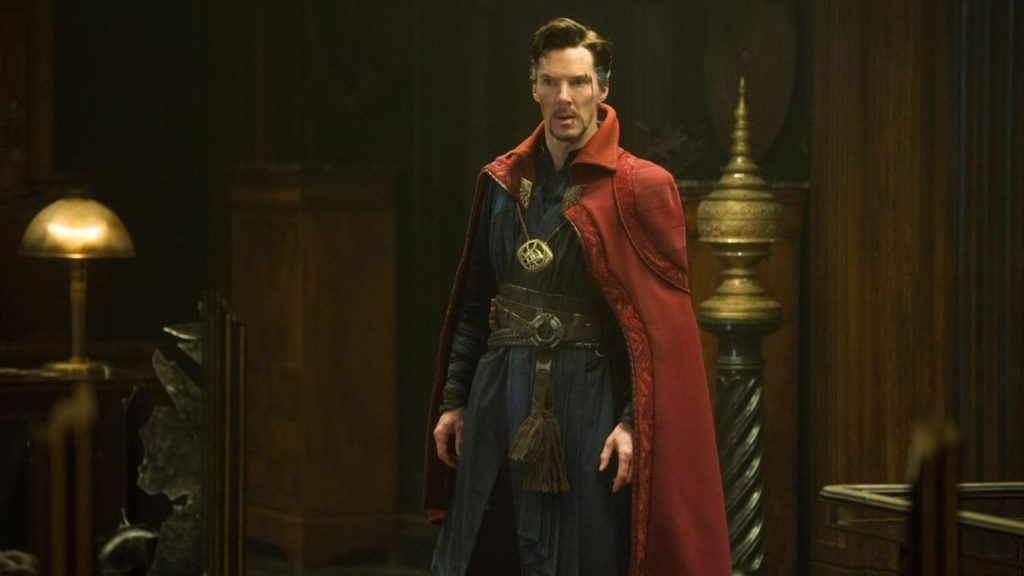
But let’s get back to why this perfectly good Marvel movie makes us feel so unfulfilled.
The problem with an interconnected universe is that it’s entirely premised on the promise of what’s next. The cameos. The fan service. The dangling threads. The post credit tags. All of it serves a singular purpose. To get us excited for the next movie. And the TV show after that. And the one after that. It is built upon that fundamental tenet of serialized storytelling. Keep them wanting more.
Avengers: Endgame and Spider-Man No Way Home were so successful because they delivered on that promise. They felt like an end. They provided closure. In contrast, the reason why this perfectly competent and entertaining movie feels so unsatisfying is because it was meant to be unfinished. Like all those other in-betweeners, its purpose is to keep you on the hook.
Why doesn’t it feel enough? Why doesn’t it make us happy? Because it was designed that way. Because it is the only way to keep us coming back.

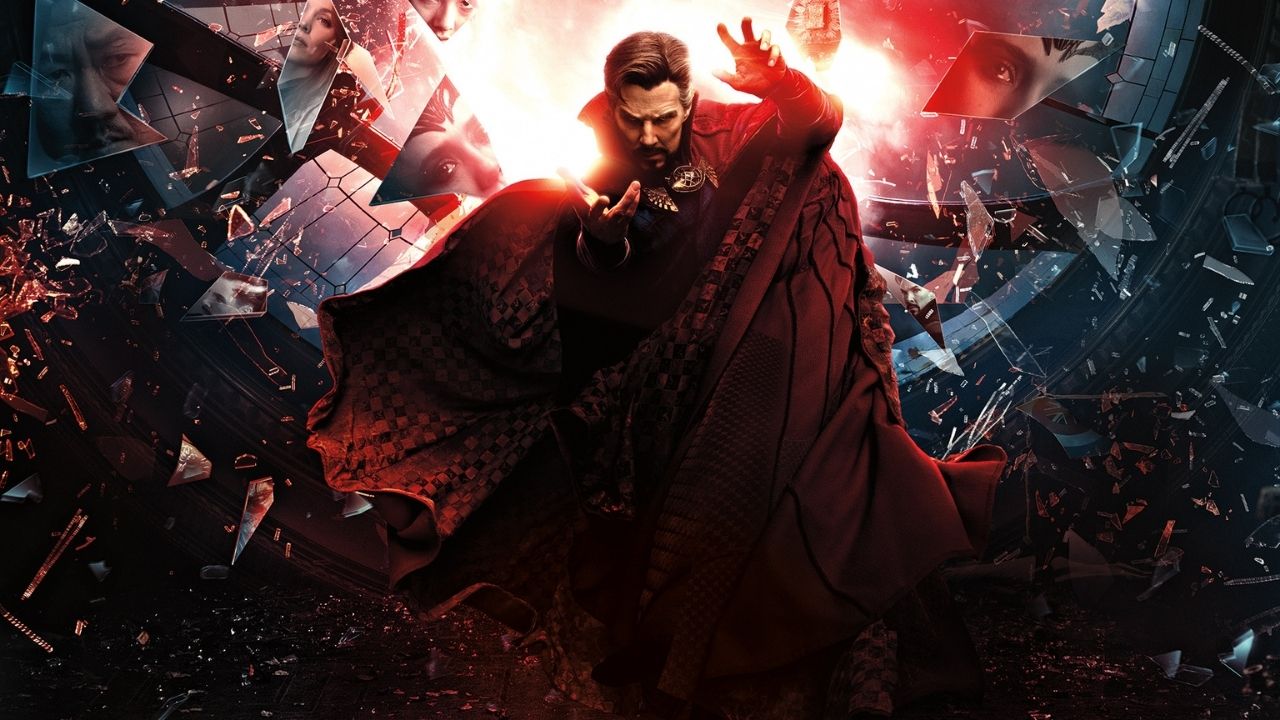


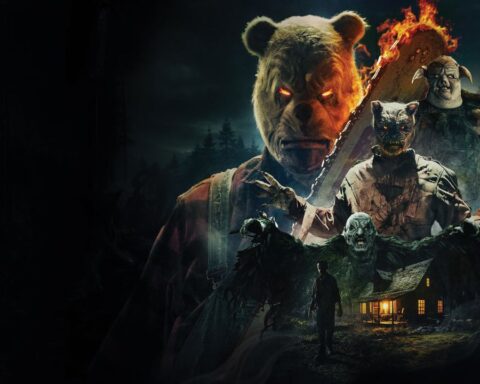
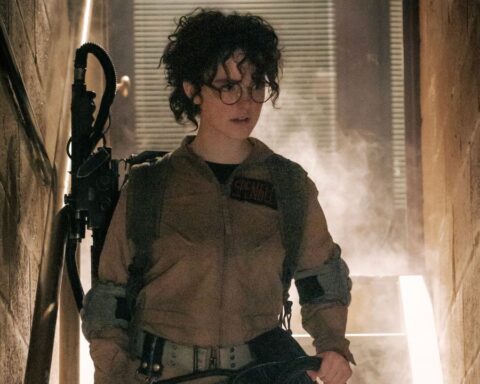
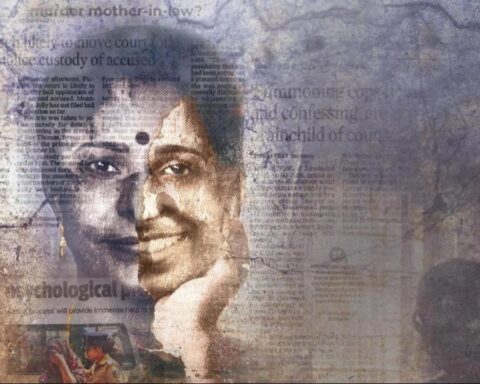
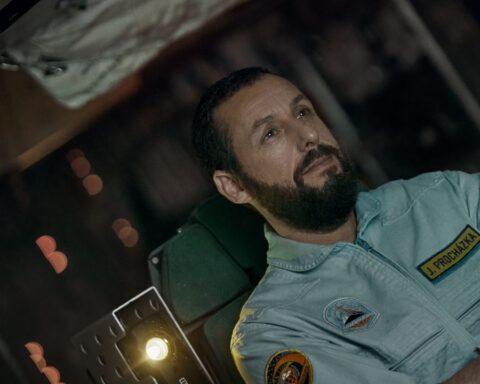
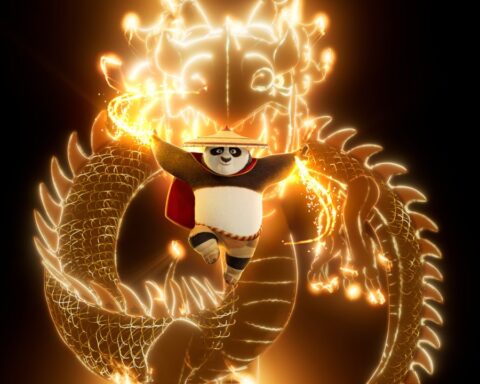
Follow Us